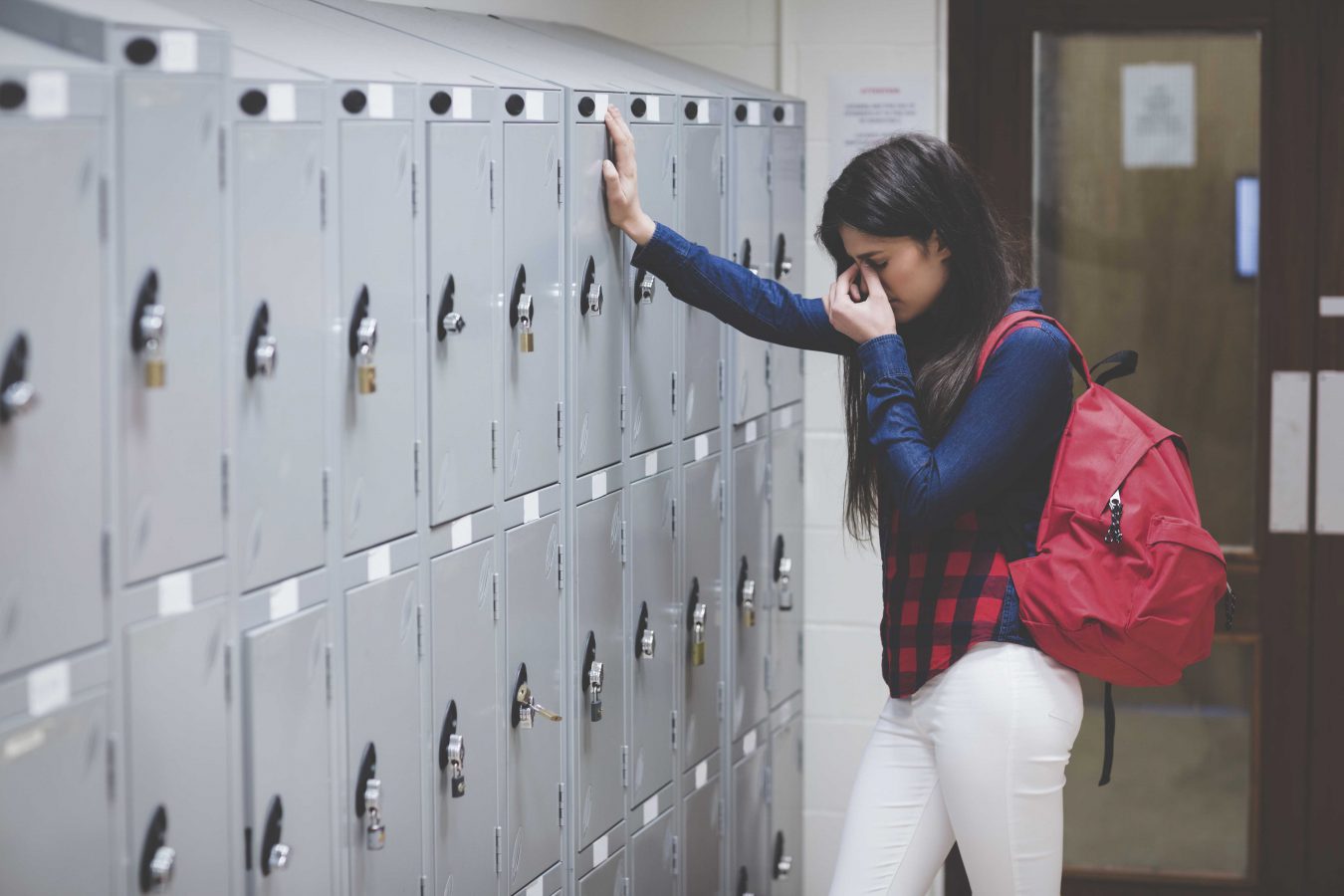
It's been challenging, but our time in lockdown has provided many positive lessons that will help students as they return to classroom learning, writes Deborah Trengove.
Despite its challenges, the period of lockdown has presented children, and their parents, the chance to learn many valuable things. While solving quadratic equations or understanding how people lived in ancient Egypt are important parts of the curriculum, there have been valuable life lessons and opportunities for growth during online schooling – lessons that can be taken into the return to school when it comes.
What really matters
While some adolescents may have struggled spending so much time with parents they are trying to break away from, lockdown has meant time connecting with family and relying on siblings for companionship. Living in these restrictions has highlighted just how essential families are and the loss of access to grandparents and extended family, has demonstrated to many young people the special place they hold in our lives.
In a similar vein, the importance of seeing friends and going to school has been rediscovered. What was once taken for granted can now be valued, at least for a while! Being with classmates, playing with friends, talking to teachers – in person – simple pleasures revealed for the joys that they are.
The gift of gratitude
Parents can help children acknowledge their gratitude – for home, family, friends, opportunities to learn, and hopefully, good health. The loss of ready access to these can be a powerful lesson in appreciating what perhaps was taken for granted before lockdown. Gratitude is increasingly recognised as a powerful factor in promoting resilience and wellbeing, in children and adults alike. Learning to pay regular attention to what we have, rather than focusing on what we do not have, can inoculate us from negativity and promote optimism.
The benefits of being bored and loss of 'busy-ness'
When sport, music, drama and other activities stopped, what did your children do? Maybe they rediscovered interests from an earlier age, maybe they rekindled their creativity or started a new hobby. The opportunity to experience boredom, however frustrating for a child, is an essential experience for discovering who they are and where their interests and talents lie. Time in lockdown has given many children an opportunity to manage their own boredom, it has taught young people resourcefulness and how to foster creativity. It has given them responsibility for occupying their time, has built their independence and allowed them to experience the satisfaction this brings.
During this quiet time, we have seen many families walking and bike-riding together. Parents may have noticed the benefits of a slower pace in the absence of all those after school activities: less stress in getting to activities, a more leisurely pace and perhaps a calmer household. This is a good time to take stock and reflect on the risks of returning to over-scheduling.
The importance of organisation and time management
Self-management skills have been a great challenge for some children during home-based learning and their parents may have seen first-hand how their child struggles with distractions, has a poor sense of time, doesn’t have what they need for lessons or never records homework tasks. Remote learning may have resulted in your child missing prompts from teachers and other students and has subsequently exposed your child’s positive opportunity to develop enhanced organisation and time-management skills.
These micro skills impact academic progress and achievement across all ages and parents are key in their development. As your child returns to school, make sure you continue to work with them to foster their organisational and planning abilities.
Using a diary every day, getting books and other materials ready for the next day, proactively managing distractions and having an effective routine are the habits that every student needs to acquire. While some will struggle with these executive functions because of specific neurodevelopmental challenges, when parents scaffold, model and explicitly teach these skills, their children will reap the benefits lifelong.
The advantages of student agency
The importance of proactively asking teachers for help is another vital aspect of student agency that has been highlighted during remote learning. The questions below are a simple framework to teach your child, no matter what age:
- Do I know what tasks I have to do?
- Do I understand what order I need to do the tasks?
- Do I know how to do each task?
If the answer in ‘no’ to anyone of these questions, encourage your child to ask their teacher, either online or in person.
Learning different ways to socialise
Lockdown has also given opportunities for children to learn about diverse ways of connecting. Technology has certainly had its place but so much online time has been exhausting, even for young people. We are seeing teenagers who have simplified their social connections and let go of constant contact. They are connecting through 1:1 walks and talks whilst adhering to social distancing measures, meeting up in real time and engaging in a more personal approach than quick messages or social media chat.
Renewed sense of self
The enforced space from the peer group has been empowering for some young people – appreciating time out from daily judgement and comparisons, of fitting in and complying to what the group opinion dictates. Realising that they don’t have to compare themselves to others, that they can be their own person, has been a liberating experience. A renewed confidence and decreased pressure to conform is a wonderful lesson to take out of lockdown.
An opportunity to reflect and acknowledge personal growth
Of course there will be challenges as we move back to onsite schooling. Things will not return to ‘normal’ yet – continuing restrictions, changing routines, COVID-19 fears and uncertainties – will be part of our landscape for a long time. However, the chance to appreciate what is important, adapt to changes and experience new ways of connecting are life enhancing. It is the essence of resilience to grow through challenges and parents can help their children identify their personal growth, reflecting on their achievements during lockdown as a foundation for whatever they may face in the future.
Like this post? Please share using the buttons on this page.


